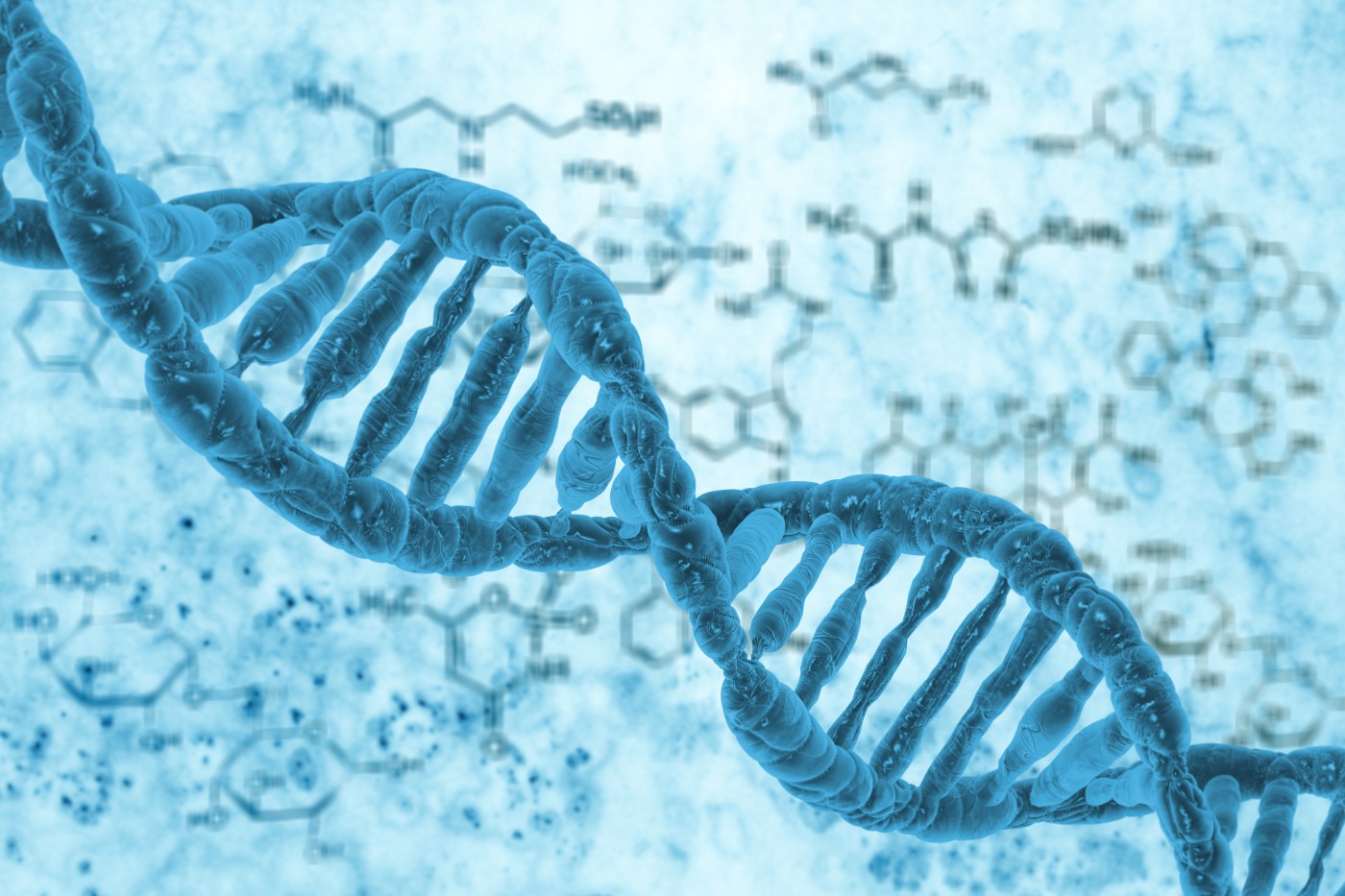Mutations in Amino Acid Metabolism May Lead to Severe Neuromuscular Disorders, Animal Study Suggests

Mutations in a mitochondrial protein involved in the synthesis of certain essential amino acids may lead to severe hind limb function, reduced brain weight, and infertility, according to an animal study developed at the The Johns Hopkins University School of Medicine.
The study, “A Spontaneous Missense Mutation in Branched Chain Keto Acid Dehydrogenase Kinase in the Rat Affects Both the Central and Peripheral Nervous Systems,” published in the journal PLOS One, may provide novel insights on the mechanisms involved in peripheral neuropathy of the hind limbs.
Our bodies are very picky when it comes to amino acids, and sometimes just a small change in their levels may lead to severe problems down the road. Given their role as messengers in a number of signaling pathways, including as neurotransmitters, it is not uncommon that mutations affecting amino acid metabolism have adverse neurological consequences.
In this study, researchers found an association between an amino acid-depleting mutation and neurological problems in a rat colony. They report a novel mutant that arose spontaneously in their laboratory rat colony showing severe compromised function of their hind limbs — the reason they were named frogleg rats — decreased brain weight and seizures, among other abnormalities.
To understand which mutation was causing such manifestations in these mice, the researchers mapped their genome and traced the mutation back to the branched-chain alpha-keto dehydrogenase kinase (BCKDK) gene. The protein encoded by this gene is part of a mitochondrial complex that regulates the levels of the branched-chain amino acids (BCAAs) leucine, isoleucine, and valine. These amino acids cannot be synthesized by the body and therefore their levels must be tightly regulated.
The BCKDK protein works by modifying and inactivating another protein, called BCKDH, which is involved in the degradation of the BCAAs. Mutations in BCKDK are therefore associated with the overactivation of BCKDH and excessive degradation of BCAAs.
Consistently, the researchers found that the rats with two copies of the mutation had lower levels of modified BCKDH in the brain, indicating that it was highly active, compared to those observed in the brains of normal rats. These changes in the activity of BCKDH correlated with a marked decrease by 70 to 80 percent in the levels of circulating BCAAs.
The research team, led by Debasish Sinha, found that these alterations in the BCAA metabolism were causing the hind limb phenotype possibly by damaging the neuromuscular junctions.
However, they believe that “a variety of mechanisms could be involved in how reduced BCAA levels lead to the abnormalities observed in the various affected tissues,” and further studies of this rat strain may help understand how BCAAs participate in health and disease.
This finding is relevant because, similar to the described rats, people with mutations in the BCKDK gene are also prone to seizures, and often report symptoms of autism and epilepsy, with developmental delays and intellectual disability, suggesting that understanding how BCAAs function in rats may provide novel insights on several neuromuscular disorders.






